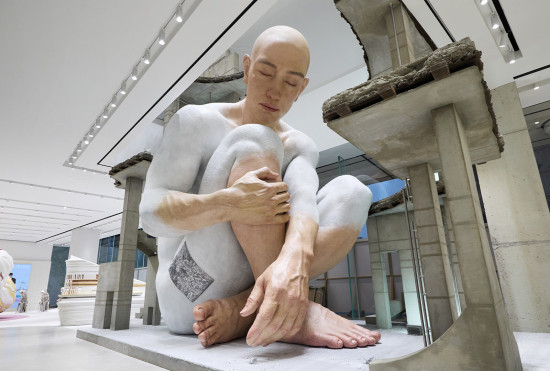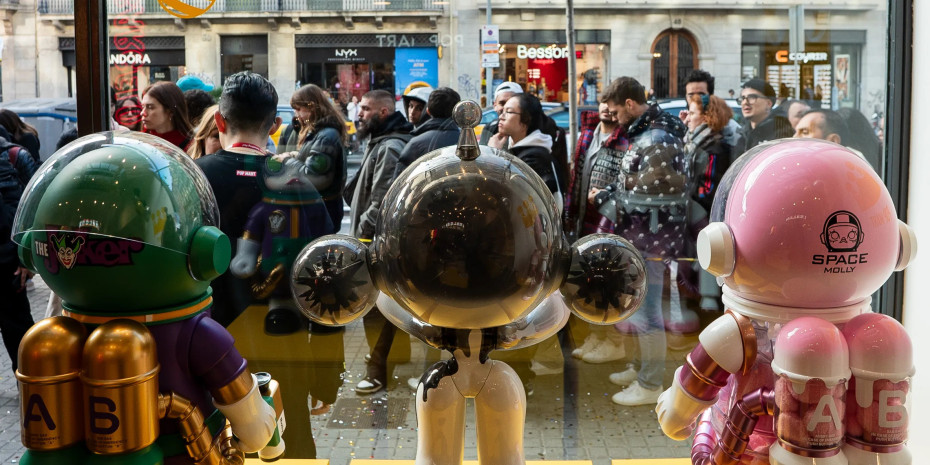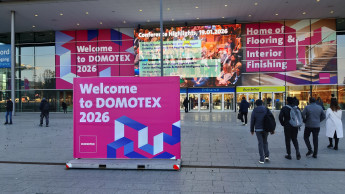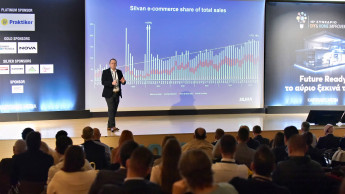In order to remain viable in the future, brick-and-mortar retailers must offer emotional experiences that reflect current cultural developments, appeal to a sense of community, encourage activity, or develop services that online retailers cannot offer, and—above all—constantly reinvent themselves. Kate Ancketill, managing director of GDR in London, a consulting company for retail innovation, backed up this view with numerous examples in a webinar hosted by Messe Frankfurt. According to the retail expert, agentic artificial intelligence plays an important role in this. It is already capable of chatting with people today and will be able to do much more in the future.

Alexa+ and Google's XR glasses are examples of AI tools that use voice control to organize people's everyday lives and make practical suggestions on how to improve them. Providers such as Sesame show that agentic AI now sounds very human and can even remember the names of pets or friends. In the future, AI agents will even be able to make purchases or phone calls for their users—payment providers are already preparing for this, and other companies should do the same, Ancketill is convinced. According to the market analyst, this even goes so far that providers should already be considering how to address AI agents in their marketing. These agents need clear information in order to compare prices and product specifications and filter out the best offer for their customers.
In retail, agentic AI can be used as an avatar, for example. Shoe manufacturer Sketchers has developed “Luna,” an avatar that gives customers styling tips live in the store. At a gas station with an attached convenience store in the US, an avatar provides advice on wine selection directly at the shelf.
However, the use of artificial intelligence is not always seen in a positive light: 52 percent of workers in England are afraid that AI will take away their jobs, Ancketill reported. To escape this concern, people want experiences. This reduces stress and makes time feel like it is expanding—especially when you experience something big together.

What Ancketill describes as the “ wonder economy” or “dopamine economy” is particularly prevalent in Asia, for example at the art exhibition in the…

 Menü
Menü















 Newsletter
Newsletter